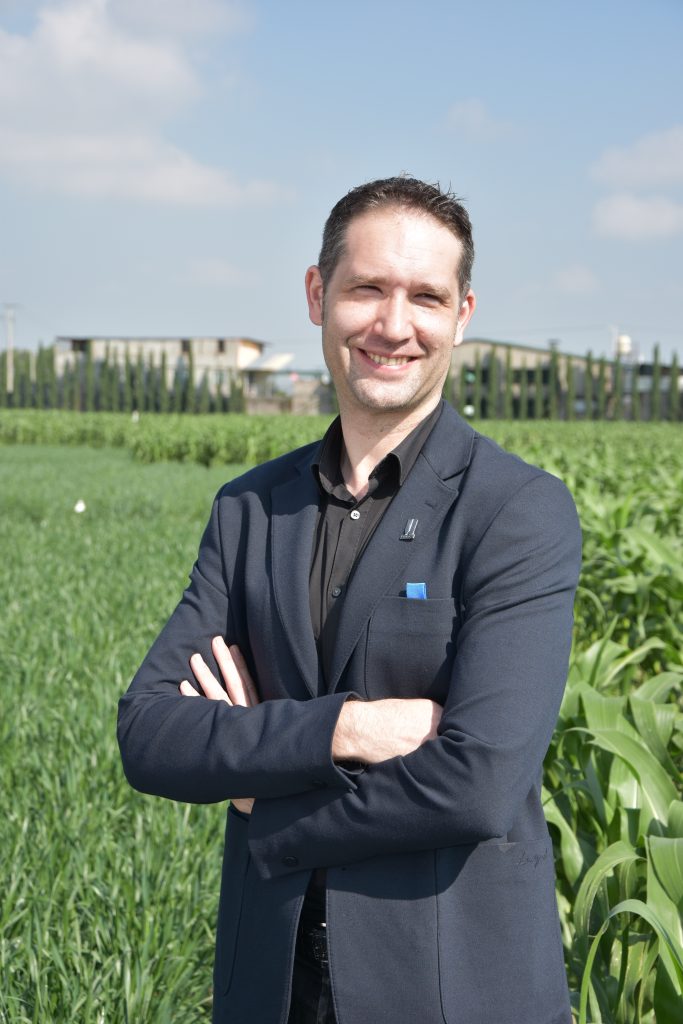
 Welcome to CIMMYT’s 2021 Annual Report!
Welcome to CIMMYT’s 2021 Annual Report!
Your reading of this document is evidence that you share our commitment to making a strong contribution to transform food systems on a global scale in this decisive decade for the United Nations 2030 Agenda of Sustainable Development Goals.
2021 was another challenging year because of subsequent COVID-19 waves. The global health emergency put the collective response capacity of the development sector to the test. It painfully raised awareness of the essential contribution that publicly funded research and capacity development efforts make to global peace and stability.
CIMMYT’s mission, maize and wheat science for improved livelihoods, and our commitment to excellence in our operations and rapid response capacity are ever more important to help farmers, food workers and vulnerable communities avert a looming food crisis and mitigate the effects of the ongoing global health and food supply chain crises.
In this report, we summarize and highlight our progress on key areas of food systems transformation, including scientific discoveries, capacity building, technology transfer, and scaling efforts in the Global South.
Our research for development and capacity building work is closely aligned with and greatly contributes to the CGIAR Research and Innovation strategy, particularly to its five impact areas that aim to end hunger and malnutrition, alleviate poverty, bridge gender and youth gaps in agriculture, conserve biodiversity and natural resources, and adapt agriculture and mitigate its contribution to climate change.
Our 2021 report is organized in three sections or impact areas that are essential to food systems transformation, which means shifting the focus of global and local food production from efficiency to resilience, and from competition for resources to balance and inclusion.
To give you an overview of the contents of this report, on the discovery side we embarked on an ambitious initiative to apply environmental genome wide association methods to predict how today’s maize, rice, sorghum, cassava, groundnut and bean varieties will perform, and to identify needed genetic diversity for them to succeed three or four decades from now. This is a very exciting area of research that will help us hedge our food systems against the harshest conditions anticipated from climate change, and an example of shifting the focus of our science from solving yesterday’s problems tomorrow to solving tomorrow’s problems today.
Breeding continues to be at the core of CIMMYT’s excellence in science and response capacity. In 2021, we made great progress in boosting both maize and wheat’s resilience to a hotter and drier world, but also to known and emerging biological threats in the form of ever evolving and invasive pests and diseases.
We also report on our progress scaling-up sustainable technologies and farming practices in the countries where we work in partnerships with dozens of public and private sector collaborators, and more importantly, with hundreds of thousands of farmers who put their trust in our unwavering determination to food systems transformation.
As I write these words, the world finds itself in front of an even more daunting challenge: a global food crisis fueled by conflict, trade disruptions, soaring commodity prices and climate change. Sadly, the world is not in the best position to address these converging threats. However, at CIMMYT we have solid, science-informed solutions, policy recommendations and proven methodologies that will help avert the global food security crisis that looms.
We are ready, conscious that there is no time to lose. Future generations will hold us accountable for our response to these immediate and long-term threats to humanity’s food security and wellbeing. With your support we will rise, once again, to the occasion.
Bram Govaerts